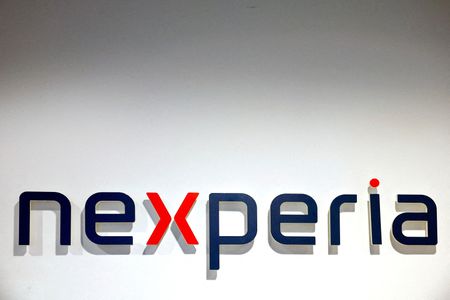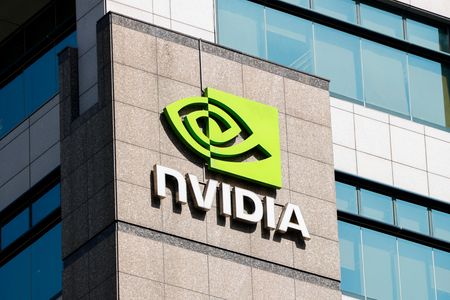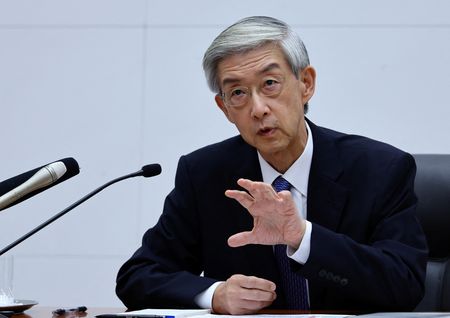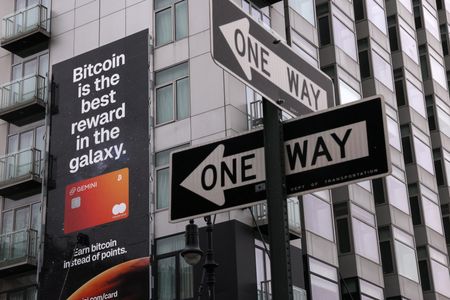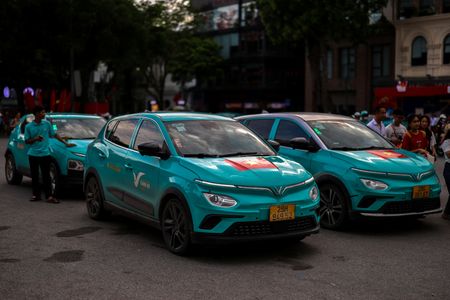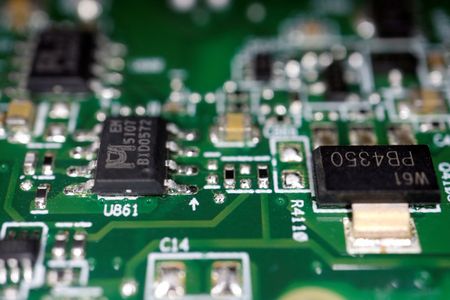By David Kirton and Josh Arslan
GUANGZHOU (Reuters) -Car enthusiasts browsing Japanese brands at one of China’s biggest annual auto shows shrugged off diplomatic tensions between the two countries on Saturday, saying quality and value for money still trump politics when choosing a vehicle.
“Economics is economics, politics is politics, and the two shouldn’t be mixed,” said Wang, 42, who works in R&D for a major tech company as he looked over Honda hatchbacks at the Guangzhou International Auto Show. He declined to give his full name.
Japanese vehicles were prominent among the dozens of domestic and foreign automakers, where hundreds flocked to Honda’s display to watch choreographed dances to techno music.
China’s ties with Japan have deteriorated markedly after Japanese Prime Minister Sanae Takaichi said any Chinese attack on Taiwan threatening Japan’s survival could trigger a military response from Tokyo.
The dispute has spilled into the commercial realm: concerts by Japanese musicians in China have been abruptly cancelled, and Beijing has warned its citizens against travelling to Japan.
Li, a 30-year-old visitor at the auto show, said he expected some backlash against Japanese goods, recalling incidents a decade ago when Japanese cars were vandalised during previous diplomatic flare-ups. All the Chinese visitors Reuters spoke to declined to give their full names.
“Even if there is such propaganda, people will judge in their hearts what is good and bad,” he said, adding that in today’s globalised market many Japanese brands were deeply integrated with Chinese partners.
At the show, the Nissan booth prominently advertised Huawei car-audio systems, while Honda showcased a robot co-branded with China’s Hikrobot.
“Globally, no one can survive without anyone else, right? You can’t separate,” Li said.
China’s commerce ministry said trade ties with Japan had been “severely damaged” by Takaichi’s comments and urged her to retract them. Japanese officials say that is not possible, adding her remarks do not alter Tokyo’s long-standing position on Taiwan and that any shift would be political suicide.
That leaves Japanese firms bracing for a prolonged period of chill.
While China’s share of Japanese automakers’ global sales has fallen amid fierce competition from domestic electric-vehicle makers, the world’s second-largest economy still accounts for a major portion of their output and remains an important production hub.
“China is a big market for automobiles, and we are in a position in the government to support Japanese automakers, so hurray!” Japan’s Consul General in Guangzhou, Yoshiko Kijima, said after visiting Nissan’s stand on Friday.
“It’s also my duty to warn Japanese nationals to be careful,” she added, when asked about security concerns.
Xu, a 27-year-old from nearby Foshan, said he couldn’t afford the Mazda models he was examining and felt Chinese brands had caught up in technology, but he still felt drawn to look at Japanese cars.
“Guangdong people like Japanese cars because of the influence from Hong Kong and Taiwanese films and TV dramas. They give off a high-end feeling,” he said.
(Reporting by David Kirton and Josh Arslan in Guangzhou; Editing by Emelia Sithole-Matarise)


